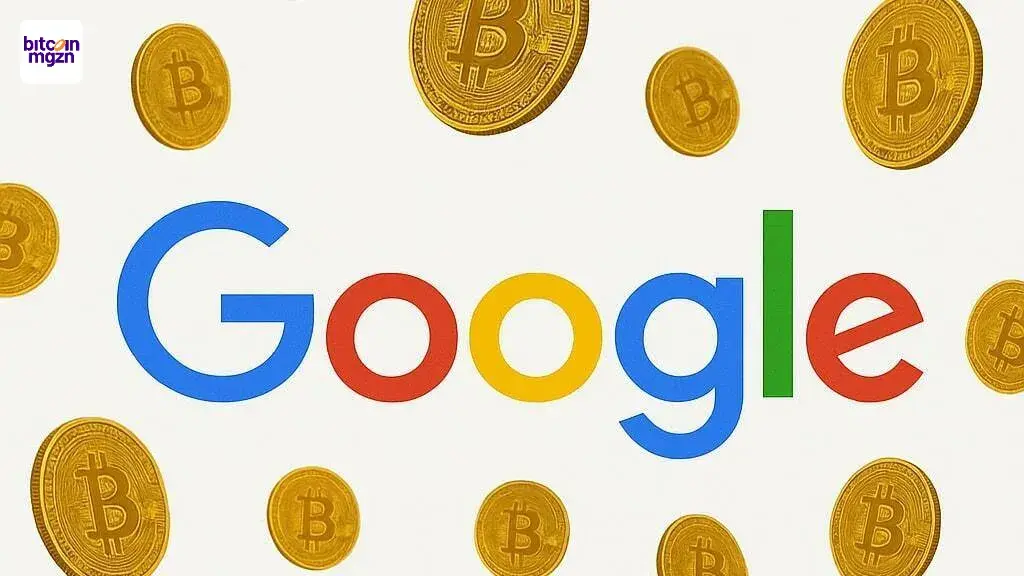Google Cloud to Launch ‘Neutral’ Blockchain for Financial Markets in 2026
Google Cloud, the cloud computing division of Alphabet, is reportedly expanding its services into blockchain with the development of its own Layer-1 protocol called the Google Cloud Universal Ledger (GCUL).
According to an announcement made by Rich Widman, Google Cloud’s Web3 Head of Strategy, the system is designed to provide financial institutions with a “performant, credibly neutral” blockchain-based platform that supports tokenized assets, cross-border payment settlements, and Python-based smart contracts.
Google Cloud is Working on GCUL, an L1 for Tokenized Assets, Payment Settlements, and Python Smart Contracts
GCUL, currently running on a private testnet, was described by Google as a service for the financial market that will be accessible through a single API and programmable enough to enable payment automation and digital asset management.
The company also stated that Google Cloud blockchain was designed with regulatory compliance in mind and will operate as a private, permissioned blockchain system.
Reports of Google’s cloud blockchain initiative first surfaced in March after Google Cloud and CME announced plans to trial tokenization and wholesale payments on a distributed ledger. The two companies conducted a pilot for the network, but never labelled it as a layer-1 at the time.
In a LinkedIn post, Windman described GCUL as a “neutral” infrastructure layer and differentiated it from services offered by stablecoin issuer Circle and digital payments services platform Stripe. Currently, Circle is developing its own chain called Arc. That is designed to deepen the mainstream utility for its flagship product, USD Coin (USDC), while Stripe is working on its own Ethereum-compatible blockchain called Tempo that focuses on high-performance payments. Google Cloud’s Web3 infrastructure chief said the company intends GCUL to serve as a common base for financial institutions rather than a vertically integrated product stack.
CME Group has already completed the first phase of integration and testing, calling the L1 technology a step toward low-cost, 24/7 settlement for collateral, margin, and fees. Tests involving market participants are set to begin later this year, with the product slated for launch in 2026.
Critics argue that Google Cloud Universal Ledger cannot be called “Neutral” Since its Operations are Centralized
Google Cloud Universal Ledger reflects the Silicon Valley behemoth’s broader push into the digital assets market. Previously, the company partnered with Coinbase for cloud-based payments, invested in several Web3 startups, and provided the infrastructure for public blockchains such as Flow, Polygon, Tron, Solana, and Arbitrum. With GCUL, Google wants to go from hosting blockchains to developing a protocol from the ground up.
While Windman described GCUL as a Layer-1 network, its permissioned blockchain and private nature has some industry observers questioning whether Google can claim neutrality while operating its own ledger. Critics argued that the company’s upcoming blockchain shouldn’t be described as “decentralized” as it is built and operated by a single entity. However, Windman responded by stating that GCUL protocol is designed in such a way that any financial institution can build on it, highlighting that Tether’s USDT would not use Circle’s Arc blockchain for transactions and payment processors like Adyen would likely stay away from Stripe’s Tempo.
Google’s Web3 head also hinted that Amazon and Microsoft could eventually take part in the GCUL, and the company’s goal in the long run is for outside enterprises to run the chain themselves, allowing them to serve their customers more effectively and efficiently.
Google Sets Sights on $30 Trillion Global Stablecoin Volume
Google’s foray into blockchain technology reflects its efforts to carve out a niche role as a neutral layer in global finance technology, while tokenization of real-world assets is gaining traction. Decentralized ledger technology (DLT) is also attracting major banks, funds, and corporations, adding more urgency to the company’s effort to launch GCUL.
Windman said that more details, including specifications, on the “neutral” system can be expected in the coming months. GCUL comes at a time when the race for on-chain digital payments is heating up, with companies like Ripple, Stripe, and Circle building their own cross-border payments solutions for retail and institutional use cases.
Data shows that stablecoin transaction volumes tripled in 2024 to $30 trillion, far outpacing PayPal’s $1.6 trillion and Visa’s $13 trillion in transactions. Google hopes GCUL can dip its toes in the water by offering lower fees, compliance tools, and instant settlement.
The post Google Cloud to Launch ‘Neutral’ Blockchain for Financial Markets in 2026 appeared first on BiteMyCoin.
También te puede interesar

Google Cloud test eigen blockchain voor betalingen

Cardano (ADA) Price Forecast, Injective’s ETF Buzz, & Cold Wallet’s $6.4M Surge; Top Altcoins For August
